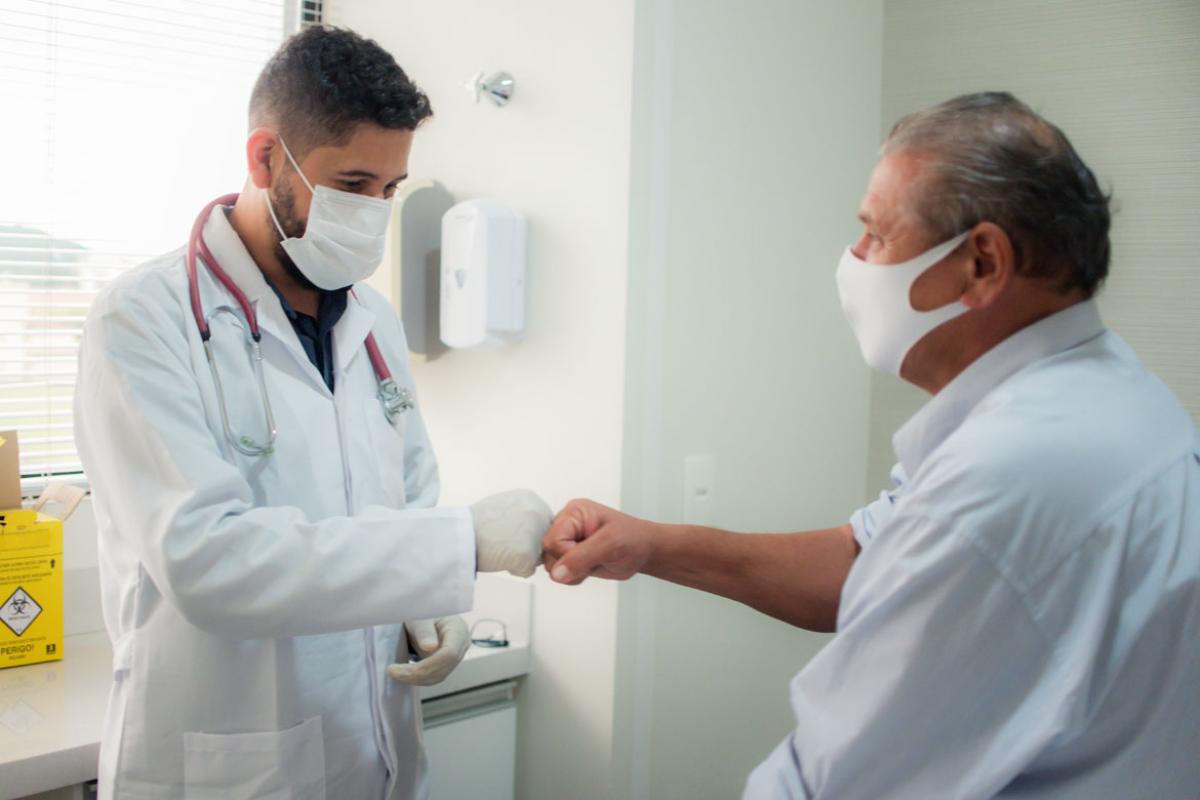Purpose of the guide
Harassment in the workplace is a barrier to achieving successful patient outcomes. Policy approved by physicians at the Special Meeting of the AMA House of Delegates in 2020, provides a formal definition of “workplace bullying” as well as guidelines for health care organizations.
“Bullying in the workplace is a complex type of unprofessional conduct. Bullying in medicine happens as a result of a combination of individual, organizational and systemic issues,” says an AMA Board of Trustees Report on the topic.
The AMA offers a guide on prevention and mitigation of bullying in the health care workplace.
Featured topics
What is workplace bullying?
The AMA defines workplace bullying as repeated, emotionally or physically abusive, disrespectful, disruptive, inappropriate, insulting, intimidating, and/or threatening behavior targeted at a specific individual or a group of individuals that manifests from a real or perceived power imbalance and is often, but not always, intended to control, embarrass, undermine, threaten, or otherwise harm the target.
Individual, organizational, and health system factors may contribute to the overall workplace climate or culture that allows unprofessional behavior, such as bullying, to persist (AMA Policy H-515.951).
Whom does bullying affect?
Bullying in the medical profession is a well-documented issue involving the abuse of power or control over a person and repeated offensive, intimidating, malicious or insulting behavior.
What are the consequences of bullying?
The effects of bullying in medicine can reach beyond the target to the patients, care teams, organizations and the families of the patients and victims. The effects of bullying on the organizational culture and professional attitudes of the medical staff are significant and lasting, emphasizing the importance of changing the culture to address the problem.
How can health care organizations prevent and address bullying?
The guide provides a number of strategies and key steps for management that organizations may use to address bulling in the workplace:
- Implement or improve workplace policies.
- Improve organizational culture.
- Make the administration aware that unprofessional behavior is a threat.
- Educate the entire staff—from physicians to custodians—about why unprofessional or hostile behavior is a problem.







